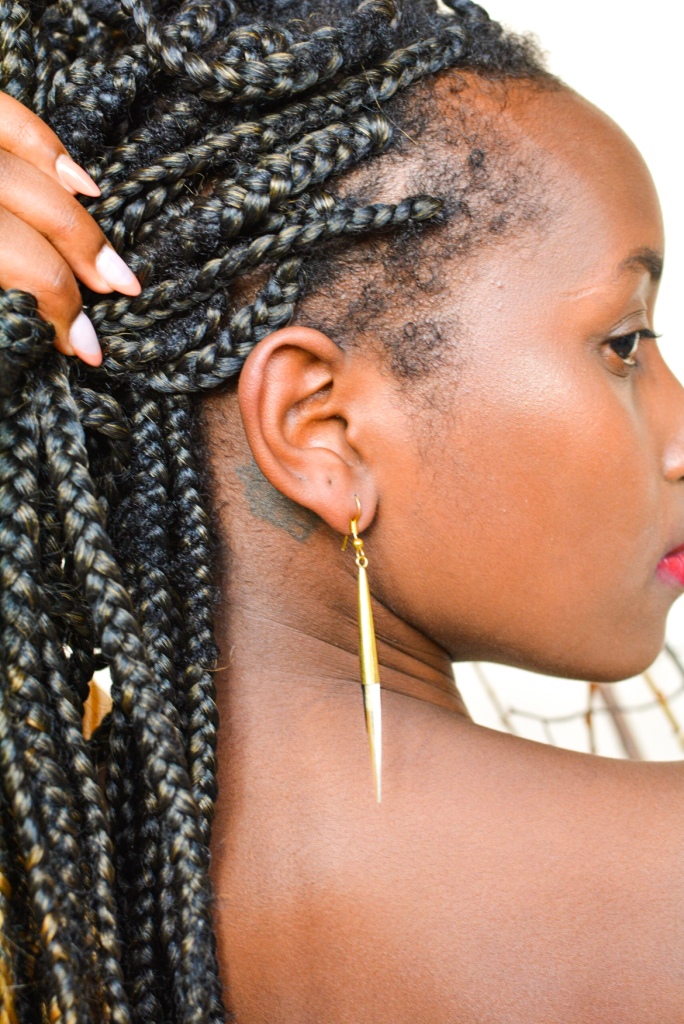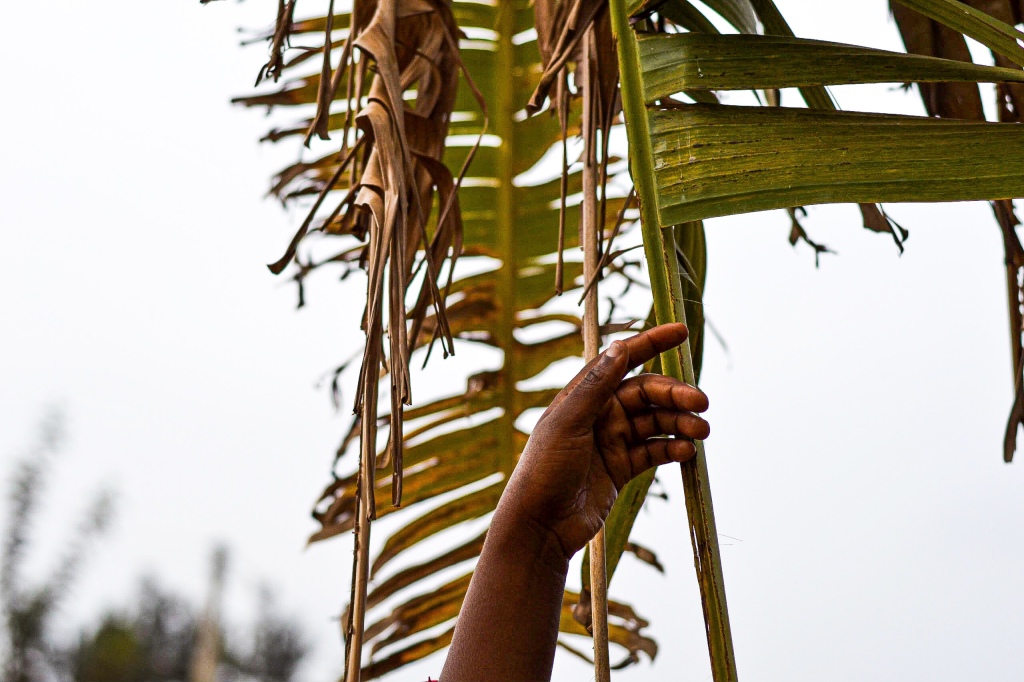Throughout the existence of man, many advancements have been made in terms of technology and medical interventions. However, one thing has remained unchanged and has become more imperative in the reality of human beings; the search for immortality. Man’s intellectual imagination has struggled with the concept of death, and from this, myths and legends toying with possible exceptions to mortality have emerged. The philosopher’s stone, the elixir of youth, and the 21st century’s latest development: cyronic preservation. Cryonic preservation is defined as freezing a dying body or head at temperatures near absolute zero, at -197oC with the aid of liquid nitrogen, which ceases any further cellular deterioration and is ultimately a way of suspended animation. The assumption has been that at a future time of advanced civilization and medical science, these bodies could be revived and any damage to the human body could be repaired and rejuvenated. Thus once reanimated, the individual that has been frozen would be able to enjoy a young and vibrant second life, possibly with a chance at creation of new bodies with future technological methods of science. Presently, there have been a few cryonic institutes that have begun offering their services at a hefty cost. Approximately 100 bodies and heads have been frozen worldwide, however, current scientists believe that reanimation is not possible with the present state of science and technology. Of the 100 bodies frozen, there has been no case of human reanimation so far. Cryonic preservation has raised a lot of controversy and questions ontologically, ethically, and as a whole, on the impact it could have on the human race.
Hans Jonas, a Jewish philosopher in the mid 1900s, talks about the concept of Hylozoism in his book, The Phenomenon of Life. Hylozoism is a philosophical belief that all matter in existence is alive. However, what does it really mean to be “alive” in the first place? The theory of being, according to Jonas, is that human life consists of two different entities: the body and the soul. The body being a tomb that houses the soul, the latter essentially being man’s true self, and only in death is the resurrection of the soul made possible. For this reason, a body is nothing but a corpse, that is brought to life by the soul’s presence in it. Man’s perspective of ontology has changed, especially with the influence and reliance of modern science. Jonas points out that modern science has placed a limit on ontology, reducing human beings to measurable scientific features only, which ultimately causes a deprivation of the understanding of human complexity.
Concerning Jonas’s theory of being, the process of cryonic preservation is purely rooted in scientific methods and probability outcomes, reducing the human body to being only physiological aspects. It does not take into consideration the second entity of human life, which according to Jonas, is the human soul. It fails to explain what happens to the soul of an individual during and after suspended animation. While all cellular activity in the body has been halted during the freezing process, questions arise regarding the abode of the soul. Referring back to Jonas’s statement that the human soul represents one’s true self and identity, these features are essentially lost during cryonic preservation. That is to say, the frozen corpse is nothing but a frozen body, soulless and consciously empty. With the assumption that advanced medicine is able to reanimate the frozen bodies, the individual will lack an identity and active consciousness once rejuvenated. Therefore, according to Jonas’s theory, even through reanimation from cryonic preservation, the body cannot be alive once again due to the absence of the human soul.
What is more, the process of cryonic preservation raises the concern of its effects on the finitude of humanity. Jonas emphasizes that the world needs a balance of death and procreation, and with the idea of extension of age, procreation of new life must come to a halt in order to balance the population. In his journal, The Burden and Blessing of Mortality, Jonas states that natality is just as essential to the human understanding as mortality. Natality brings forth eyes that view the world with a new perspective as compared to beings who have been existing in the world long before them. Assuming cryonics become successful in the future and we can be able to preserve old bodies and rejuvenate them to life at a later time, the population of the aged would increase, and young life would decrease. Without the constant arrival of beings brought about by natality, the well of novelty would dry up, springing the human species into routine and boredom. The renewed perspective of young individuals, is what humanity needs in order to bring forth new ideas that could propel the human race further. Jonas adds that when the human race is forced to remain stagnant, there will be a lack of evolution thus leading to a possibility of extinction.
The emergence of cryonic preservation has brought with it a blind promise of fulfillment for man’s never-ending yearning for immortality. Modern science and certain advances in altering cellular processes are seen as a gift to human beings, however it will ultimately lead to the detriment of man. Human beings have not yet fully comprehended the meaning of life and death to be able to comprehend the choice of cryonic preservation and its ultimate consequences. The human race is quickly moving to accept cryonics as part of acceptable methods of medical interventions without fully questioning the level of desirability for the individual, and at large, for the human species.
In instances like this, we must remember the importance of memento mori, a famous latin phrase meaning, “remember to die” which was historically uttered to signify acceptance and reflection on mortality. The memento mori is an important reminder to us all, that perhaps mortality is essential, in order to give life greater priority and meaning.







